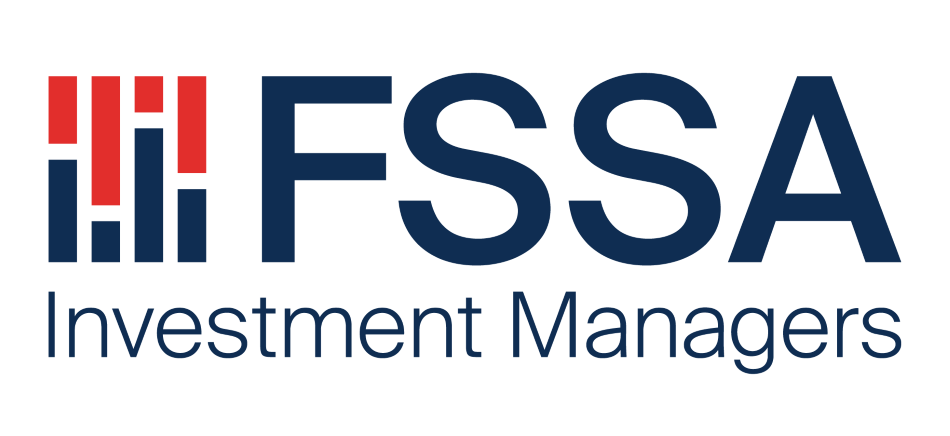Showing 1 to 19 of 19 results.
Reforms in the state-owned sector – supply-side reforms, sector consolidation and mixed ownership initiatives – have helped China manage its slowing economy and avoid a painful “hard landing” amid a global contraction.
In this update, we highlight some of the key areas that investors should be aware of when investing in China’s state-owned sector and a brief history of China’s state-owned enterprise reforms.
Learn about investing in Greater China equities with FSSA IM today. Our China funds invest in high quality companies that outperform over the long term.
China, whose market was the first to suffer the ramifications of the Covid-19 crisis, is now slowly recovering and resuming back online. Tune in to a panel discussion with FSSA Greater China Strategy’s investment team.
China’s e-commerce and online services were among the few bright spots against the dismal economic backdrop this year. Many companies reported a surge in online sales during Covid that has remained elevated even as the number of cases fell and lockdown measures eased. While sales at China’s bricks-and-mortar retailers fell by 19% over the first quarter, online shopping grew by 6% over the same period.
Each year around the Lunar New Year, factories in China switch off production and close up shop for the Spring Festival period. Factory workers who had left their rural hometowns in search of better wages in cities travel home en masse for the celebrations. With three billion trips expected to be made over the period, this annual migration is said to be the largest concentration of people movement in the world.
It has been 40 years since Mr Deng Xiaoping embarked on his ambitious market-based reform program and began to open up China’s economy. Since then, China has been transformed; while there have been stops and starts on the way, China was one of the fastest-growing countries in the world over the past four decades, averaging 10% growth a year.
Trade tensions have continued to rattle the market, as negotiations between China and the US remain mired in strife. The bilateral trade account and the extent of China’s willingness to open up its domestic market are among the primary areas of contention, along with accusations of forced technology transfers and lack of protection on intellectual property rights.
“Freedom is always the freedom to think otherwise.” Rosa Luxemburg
“Industry is best at the intersection of science and art.” Edwin Land, co-founder of Polaroid
The attributes we like in a company are a strong management team, an effective board, strong alignment with its majority owners and management, a conservative and introspective culture, a franchise which has pricing power and generates superior returns on capital employed, and the potential to become a bigger business over time.
This is the third investor letter for the FSSA Global Emerging Markets Focus Strategy since its launch in November 2017. In this letter, we will discuss our investment approach, process, strategy, positioning, and other matters we think are relevant to investors. As always, should you have any questions or feedback, we would appreciate hearing from you.
“To infinity...and beyond!” Buzz Lightyear, Toy Story
In 2020, one group of companies has done particularly well – the popular digital technology companies focused on e-commerce, delivery and entertainment, to name a few industries. In emerging markets, they dominate the Chinese market; but they can also be found in Korea, Southeast Asia, Eastern Europe and Latin America. We do not own many of these in the strategy; and as such, we are often asked: What holds us back? After all, they have performed well and – at least on paper – should have the prerequisite to generate strong returns and free cash flow, given their often high gross margins, negative working capital profiles and asset light nature. While we are not disputing the potential for this in the future, we would argue for cautiousness on most of these projections.
“ Failure is so important. We speak about success all the time. It is the ability to resist failure or use failure that often leads to greater success. ” J.K. Rowling
In September 2023, I met more than 30 global listed infrastructure companies and stakeholders from the UK, Europe and China. The following travel diary summarises my impressions and findings from these meetings.
2024 was a year marked by global inflation and economic growth concerns against a backdrop of worldwide elections. As we head into 2025, volatility will remain an enduring constant.
2024 was a good year for global listed infrastructure. Strong earnings for energy midstream and a step-change in the earnings growth outlook for utilities helped the asset class to shrug off rising bond yields and political uncertainty.
A monthly review and outlook of the Global Listed Infrastructure sector.
Get the right experience for you
Your location :  Hong Kong
Hong Kong
Australia & NZ
-
 Australia
Australia -
 New Zealand
New Zealand
Asia
-
 Hong Kong (English)
Hong Kong (English) -
 Hong Kong (Chinese)
Hong Kong (Chinese) -
 Singapore
Singapore -
 Japan
Japan























 United Kingdom
United Kingdom 